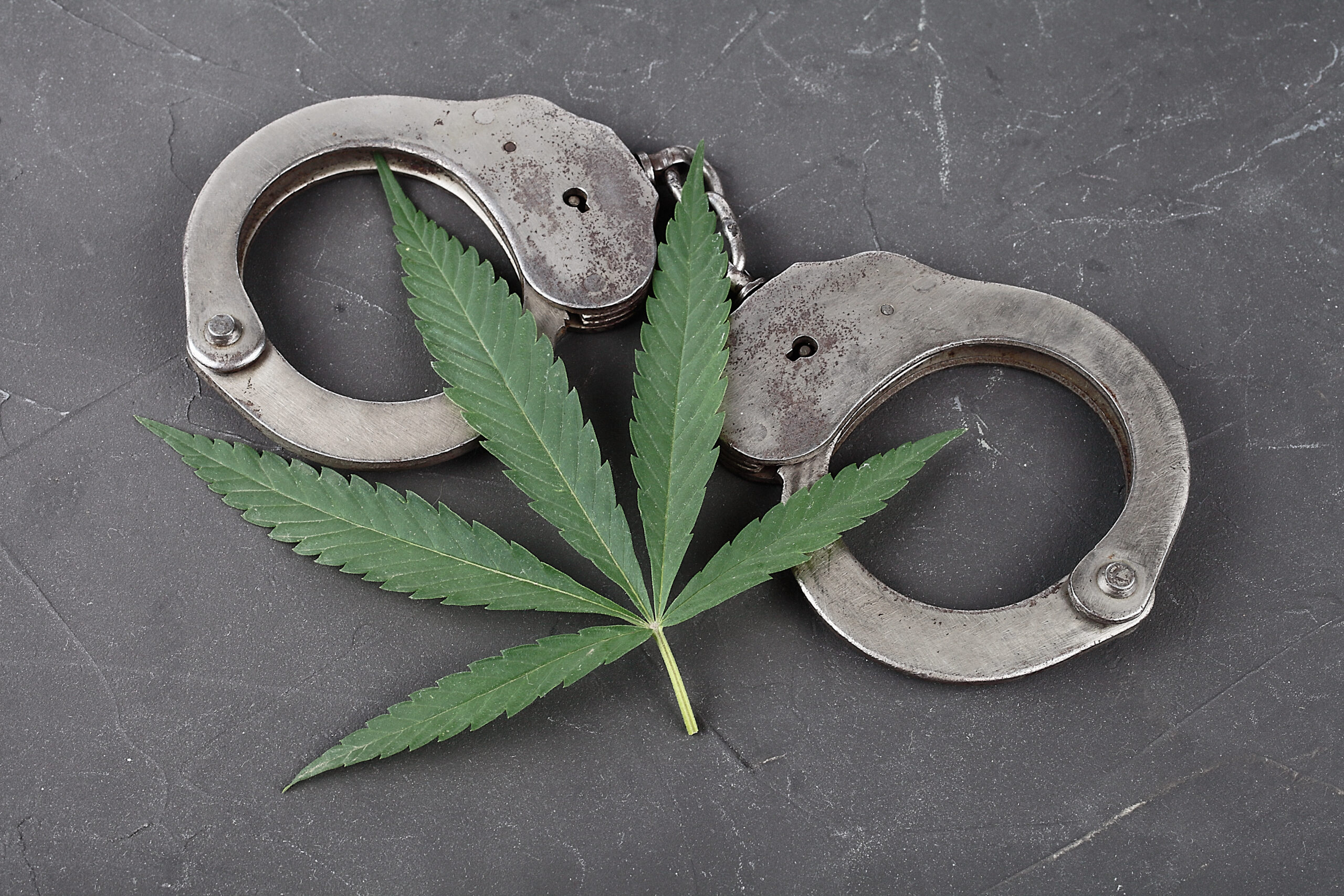Connect with us
Published
1 year agoon

Despite the progress made for medical and adult-use cannabis policy throughout the U.S. over the years, previous cannabis offenses can still be a major hindrance for many. This week, the federal U.S. Sentencing Commission (USSC) approved an amendment aiming to ease those burdens. The amendment updates sentencing guidelines and advises judges to treat prior cannabis offenses with more leniency.
The USSC released its new guidelines on Wednesday, following a public meeting where members of the commission approved a series of amendments to the existing guidelines. Namely, the amendment includes a multi-part criminal history revision, specifying that cannabis possession as an example of an offense that generally warrants further discretion in sentencing.
During the meeting, the cannabis amendment was not discussed directly beyond a brief description. From here, the revised guidance will be sent to Congress to approve by May 1. So long as lawmakers don’t contest the amendment, the changes will be finalized effective Nov. 1.
Federal judges currently must take prior convictions into account, including state-level cannabis offenses. As states across the country continue to usher in legal medical and adult-use cannabis legislation, advocates have pushed for an update to USSC guidance to ensure that a person’s prior cannabis record doesn’t lead to harsher sentencing.
In March, the Justice Department also testified in favor of the amendment, additionally arguing it is more in line with the Biden administration’s “sentiment” toward cannabis policy. President Biden campaigned under the position that “No one should be in jail just for using or possessing marijuana.” In October, he also announced he would pardon all prior federal cannabis offenses of simple cannabis possession and called for a review of the Schedule I status of cannabis on the federal Controlled Substances Act.
The proposal will not entirely remove cannabis convictions as a criminal history factor, instead revising guidelines to “include sentences resulting from possession of marihuana offenses as an example of when a downward departure from the defendant’s criminal history may be warranted,” according to a summary of the amendment.
The summary notes that, although cannabis remains a Schedule I controlled substance under the federal Controlled Substances Act, “many states and territories have reduced or
eliminated the penalties for possessing small quantities of marihuana for personal use.”
It carries on to highlight the prevalence of legal cannabis in the U.S. with 21 states and territories having removed legal prohibitions, including civil and criminal penalties for small quantities of recreational cannabis. Additionally, it notes the 14 states and territories that have lowered punishments for small possession charges, from criminal penalties like imprisonment to solely civil penalties, such as a fine.
The amendment essentially codifies that simple cannabis possession, “without an intent to sell or distribute it to another person,” is a notable example of a case meriting further sentencing discretion. Current guidelines on “downward departures,” situations where federal judges may impose sentences lower than minimum recommended guidelines, have no explicit reference to cannabis.
The amendment also follows a USSC report released in January, which found that hundreds of people received more serious federal cannabis sentences in the last fiscal year because of prior cannabis possession in states that have since reformed their cannabis laws. Even though federal cannabis cases have dramatically declined since 2014, the report highlights the long-term consequences of cannabis convictions in federal sentencing under the current model.
The report found that there were 4,405 federal offenders in the 2021 Fiscal Year who received additional points on their criminal history score due to a cannabis possession conviction. Among those who received extra points, 1,765 were placed in a higher criminal category, meaning they faced an enhanced sentence. That means that criminal history points for prior cannabis possession sentences resulted in a higher criminal history category for 40% of the offenders.
USSC previously said in October 2022 that it was exploring a revision of its guidelines. It issued its proposed language and collected comments from the public but ultimately didn’t amend the cannabis section in response to the submitted feedback.


Enemies of Weed Legalization Are Already Raising Money To Challenge Federal Rescheduling Effort


Psychedelic Pioneer Peggy Mellon Hitchcock Dies at 90


Alaska House Approves Bill To Establish Task Force To Investigate Psychedelic Therapy


Study Finds Medical Cannabis Provides Lasting Benefits for Osteoarthritis Patients


Study: ADHD Patient MMJ Use Leads to Improvements in Anxiety, Sleep, Quality of Life


Clinical Trial To Assess LSD Microdosing For PMS



